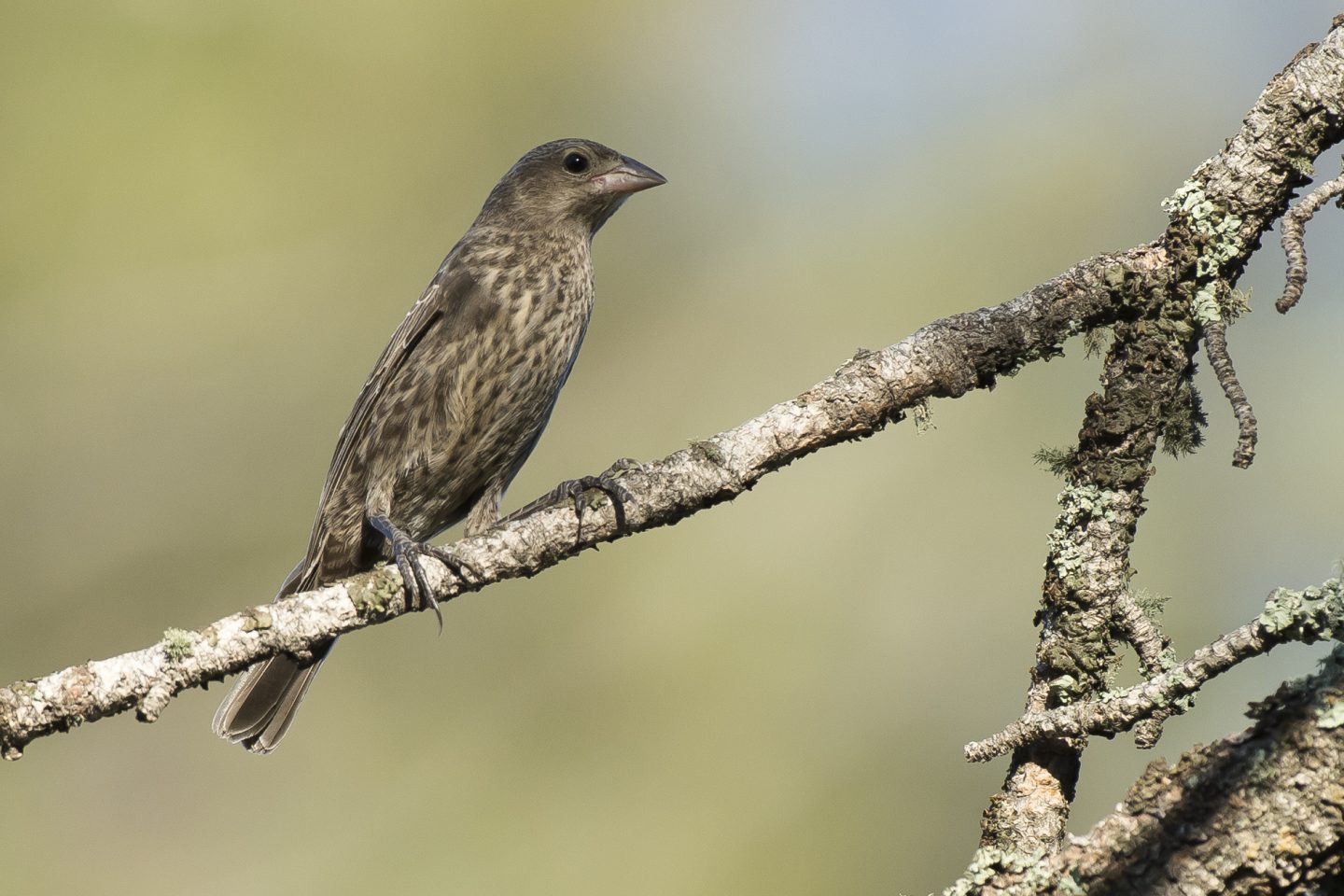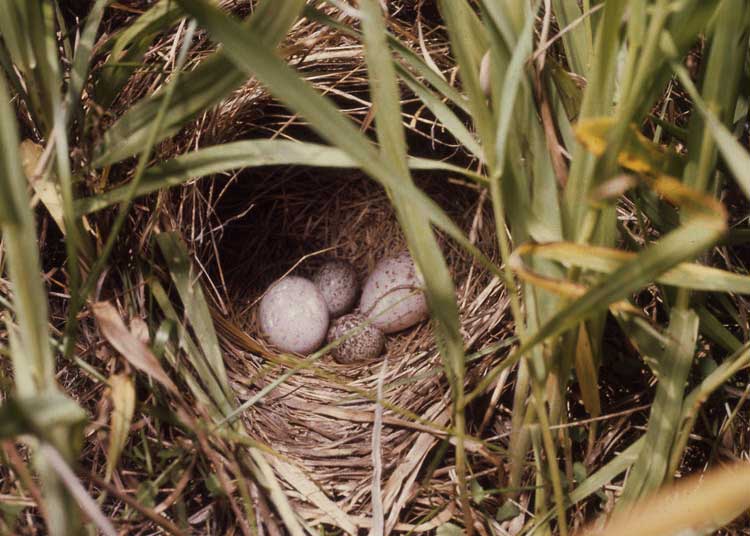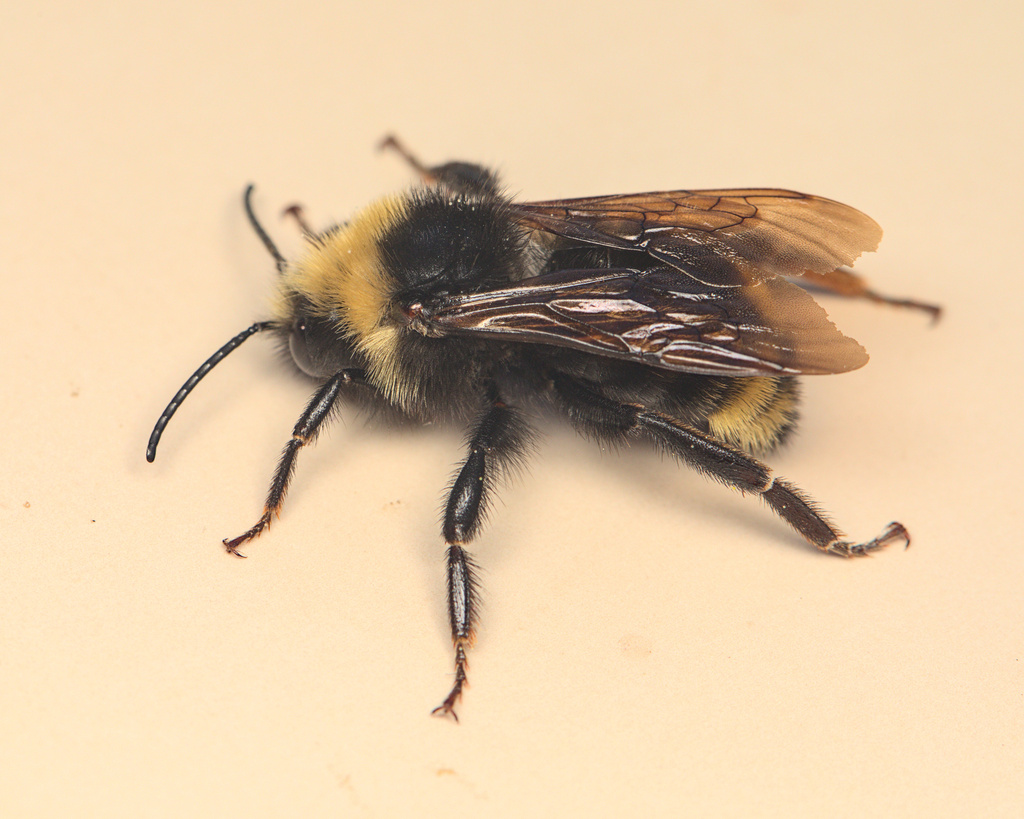
By Alie Mayes, Assistant Division Administrator – Fish & Wildlife Education
Cuckoos gained their name from the sound of the Eurasian common cuckoo’s call. But the term “cuckoo” has now grown to be synonymous with brood parasitism, an evolutionary strategy for outsourcing the rearing of young.
We have two kinds of cuckoos in Nebraska: the black-billed cuckoo and the yellow-billed cuckoo. Both species are migratory and secretive, with the black-billed being the rarer of the two. Our native cuckoos differ from their Eurasian namesake in many ways, including not having the classic cuckoo call and not being obligate brood parasites.
An obligate parasite is a species that depends on a host to complete its life cycle, as it cannot survive or reproduce on its own. In contrast, a non-obligate parasite is capable of living and reproducing both with and without a host.
Avian Brood Parasites
Avian brood parasites are birds that lay their eggs in other birds’ nests. In Nebraska, we have a number of birds that exhibit brood parasitism, including cliff swallows, goldeneye and of course, our cuckoos. However, all these birds mentioned also rear their own young, meaning they are non-obligate brood parasites. There is a benefit to having this two-pronged reproductive strategy — it increases the chances that at least some of their young will survive.

However, Nebraska and the greater United States is home to one avian obligate brood parasite, the brown-headed cowbird. These incredible birds rely solely on other birds incubating and feeding their young. Cowbirds sometimes get a lot of hate from humans for being deadbeat mothers, which is unfair.
First, birds don’t live by the same rules as humans, so the casting of cowbirds into this abandoning-mother archetype is misguided at best. Secondly, cowbirds have found a successful parenting style that allows their young to reach adulthood. In reality, cowbirds still provide vital parenting to their young, it just looks a little different.
Cuckoos — More Than Just Birds
Birds are not the only group of animals that rely on parasitic reproductive strategies. In Nebraska, we have two kinds of cuckoo bumble bees that have been found in recent years. Although rare, both the indiscriminate and the lemon cuckoo bumble bee have been recorded. Like cowbirds, cuckoo bumble bees are obligate brood parasites.

Cuckoo bumble bees don’t just lay eggs in their host’s nest, they take it over. Female cuckoo bumble bees will invade the host’s nest and replace the current queen. This allows them to take over a fully functional nest with plenty of worker bees to take care of both the false queen and their young.
Nomad cuckoo bees are a kind of bee in Nebraska that utilizes brood parasitism. These bees are wasp-like in appearance. They lay their eggs in the nest of ground-nesting bees. The larvae hatch with impressive mouthparts that enable them to kill the host larvae and utilize the food left by the host mother.
Isn’t evolution fascinating?
